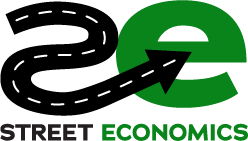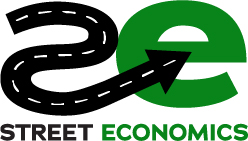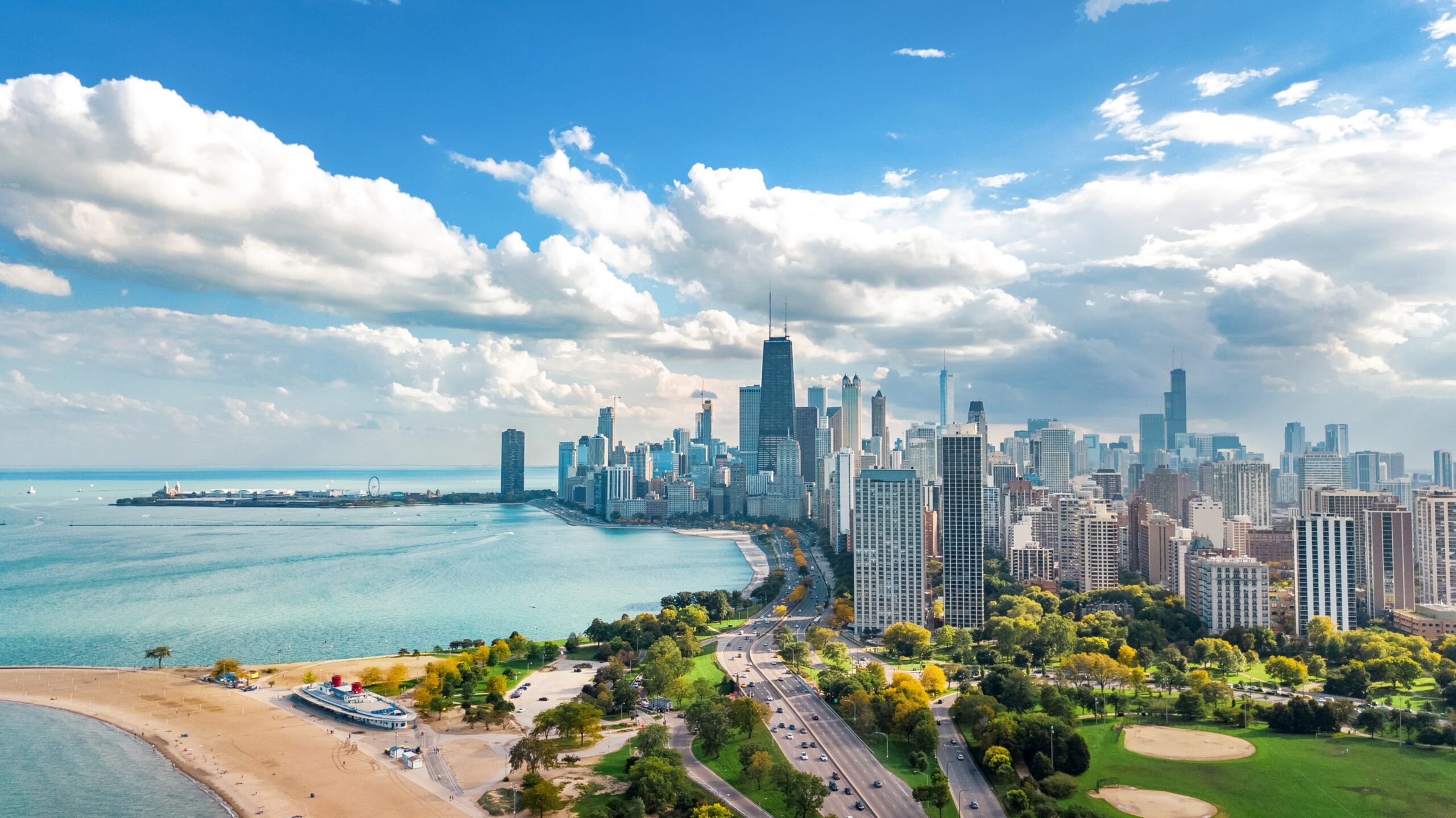Mayor Brandon Johnson’s proposed $300 million property tax increase (Bloomberg; subscription) is more than just an unwelcome move—it’s a blow to the core drivers of Chicago’s economic health: business investment, entrepreneurship, quality of life, and the city’s place brand. For a city already carrying the weight of past financial missteps and struggling with rising costs, this tax hike risks driving away the very stakeholders Chicago needs to thrive.
Raising property taxes, especially when businesses face challenges from inflation to workforce shortages, is essentially throwing cold water on investment. Higher property taxes increase the cost of doing business, plain and simple. Entrepreneurs and small business owners—the lifeblood of Chicago’s economy—will feel this immediately. For those already on the edge, this tax hike may be the final straw that drives them to close up shop or move to more tax-friendly locations. The added burden dampens incentives for new businesses to enter the market, slows the growth of existing enterprises, and hampers the city’s ability to retain talent, ultimately shrinking the city’s tax base and hurting long-term revenue even more.
For investors, Chicago’s appeal as a place to put money is being significantly undermined. A high property tax environment is a red flag in today’s competitive landscape, where cities vie for capital and talent. Other cities, especially those with more business-friendly tax policies, are becoming increasingly attractive alternatives. When property taxes rise, real estate investment slows, making it harder to launch projects that bring new jobs, housing, and amenities that improve quality of life. Investors take note of tax policies that threaten returns, and for Chicago, a city needing major revitalization and infrastructure investment, this tax hike sends the wrong message to potential backers.
The impact on residents can’t be overstated either. This property tax hike risks straining the community fabric of Chicago. It’s a move that hits homeowners directly, increasing monthly costs in a city where living expenses are already rising. Residents may question whether Chicago offers the quality of life they expect for the price they pay. Long-term, higher property taxes can deter new residents from moving to Chicago and cause existing residents to leave, particularly in middle-class neighborhoods. A shrinking resident base and population stagnation are dangers for a city that relies on diverse communities to foster vibrancy and growth.
On the place brand front, Chicago’s reputation as an entrepreneurial, innovative, and business-friendly city takes a hit every time property taxes rise. Brand perception isn’t just about marketing—it’s about creating an environment where businesses and people can succeed and feel secure in the city’s future. A city’s place brand is central to its economic resilience and attractiveness, and an aggressive property tax increase threatens that brand. It could saddle Chicago with even more of a reputation for financial instability and punitive tax policies.
Quality of life is directly tied to economic opportunity, affordability, and stability. If property taxes continue to climb, the city risks eroding what makes Chicago a desirable place to live and work. Parks, infrastructure, and community spaces—elements that enrich residents’ lives—will suffer as budget priorities become increasingly strained by debt obligations rather than proactive investment. In turn, residents will feel the effects of fewer amenities, less community vitality, and lower levels of public services, leading to a downward cycle that only worsens Chicago’s standing as a place where people want to build a life.
In short, this property tax hike is a risky move that threatens to undermine Chicago’s economic development, place brand, and overall quality of life. While addressing budget shortfalls is a necessity, the path Chicago is taking has far-reaching consequences that may push the city further from the sustainable, vibrant future it seeks. Without a shift toward structural solutions that don’t depend on aggressive taxation, Chicago could face an exodus of businesses, investors, and residents, damaging the economic engine it relies on to move forward.




Comments are closed